Lab Members

Tiago Branco
Group Leader
Tiago Branco studied Medicine in Lisbon and then completed a PhD at UCL with Yukiko Goda, working on synaptic release probability. He did his postdoctoral research with Michael Hausser, where he investigated how single neurons integrate different spatiotemporal patterns of synaptic input, elucidating the role of dendritic active mechanisms in this process. He then spent one year as a visiting scientist at the Janelia Research Campus, collaborating with Scott Sternson on projects on synaptic integration in hypothalamic neurons that control feeding behaviour.
Tiago’s lab started in 2013 at the MRC Laboratory of Molecular Biology and moved to the Sainsbury Wellcome Centre in 2016. The main research interest is to understand how instinctive decisions are computed from sensory information, and from representations of the world built from experience. Using a top-down approach to study how ion channels and synapses give rise to the neural dynamics that govern behavioural choices, the main goal of the lab is to build realistic mechanistic models of the computations that support instinctive decision making.
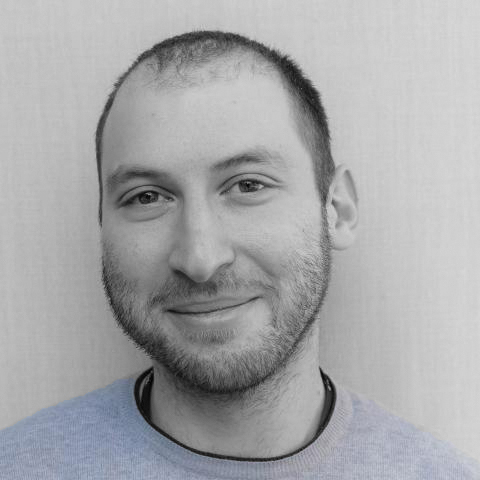
Dario Campagner
Research Fellow
Dario Campagner is a research associate in the Branco Lab. His work focuses specifically on neural computations underlying decision making in the midbrain.
Dr. Campagner conducted his PhD in the Petersen and Svoboda Laboratories at the University of Manchester and HHMI Janelia Research Campus. During his PhD he studied perceptual decision making and sensory-motor integration, using as a model the whisker system of mice. Dr. Campagner combined extra cellular recording techniques, behavioural assays and computational modeling to identify the elementary sensory signals encoded by primary somatosensory neurons during whisker-mediated object exploration, and studied how such signals interact with motor and locomotion related neural activity in the thalamus, zona incerta and other sub-cortical nuclei.
In his current project, Dr. Campagner studies perceptual decision making in the midbrain during innate defensive behaviour. His work will shed new light on how large networks of neurons compute threat from sensory evidence and use such information to select the correct behavioural outcome.
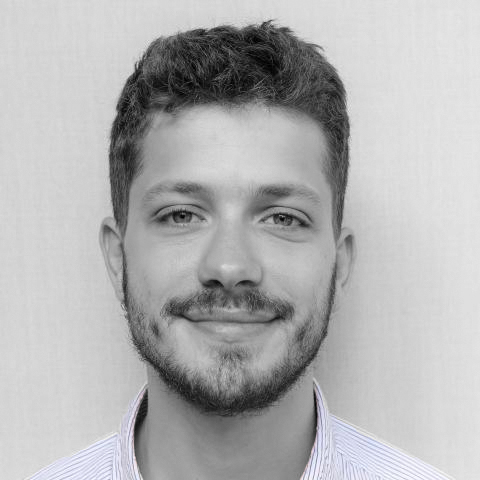
Federico Claudi
PhD Student
Federico Claudi is a PhD student in the Branco Lab where he aims to combine innate threat responses with spatial navigation to investigate decision making strategy in rodents.
Federico's novel behavioural task aims to facilitate the detailed description of how environmental factors influence decision making strategy selection at a behavioural level. This, in turn, will lead to the formulation of specific testable hypotheses about the neuronal and computational mechanisms underlying this complex behaviour.
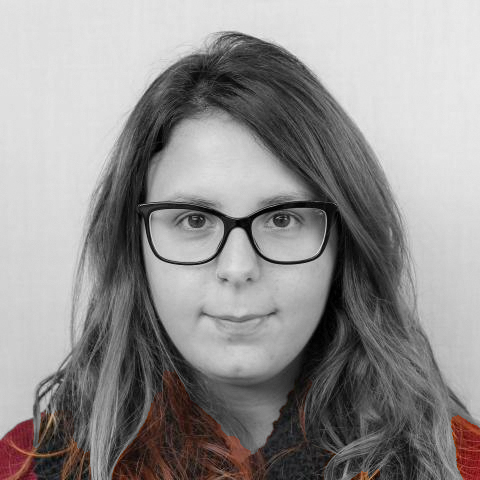
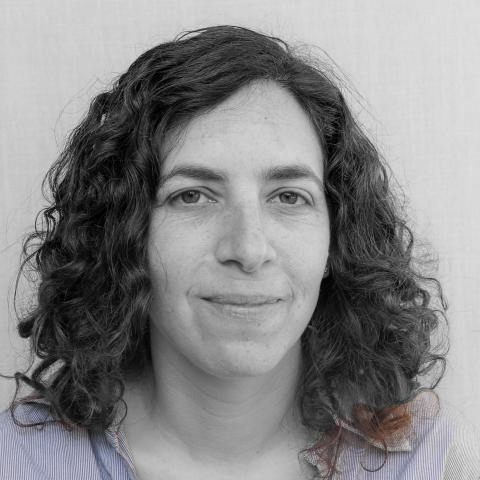
Yaara Lefler
Marie Curie Fellow
Yaara has been a postdoctoral fellow in Tiago Branco’s lab since summer 2015. She studies how neurons in the mouse midbrain compute the choice between escape and freezing when animals are facing threatening stimuli. She is using intracellular whole cell recordings and extracellular probe recordings in head-restrained mice to gain access to the synaptic and network mechanisms that are taking place during these instinctive behaviours.
Yaara did her PhD at the Hebrew University of Jerusalem, in the lab of Prof. Yosef Yarom, where she studied the electrical coupling and subthreshold oscillations in the inferior olive nucleus, using electrophysiological techniques in acute slices.
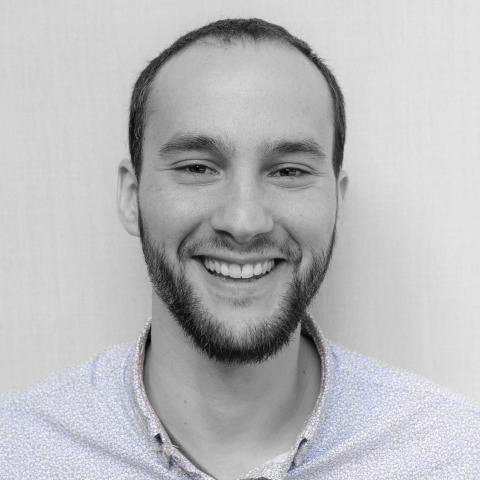
Oriol Pavon
PhD Student
Oriol is an alumnus from the Universitat Autònoma de Barcelona, where he obtained a BSc in Biomedical Sciences, and from the Graduate School of Systemic Neurosciences at the Ludwig-Maximilians-Universität in Munich, where he completed an MSc in Neurosciences. He conducted his MSc Thesis in the group of Prof. Gero Miesenböck at the Centre for Neural Circuits and Behaviour in Oxford, investigating circuits underlying sleep regulation in Drosophila.
In 2016 he moved to London to join the Wellcome Trust 4-Year PhD in Neuroscience at UCL and completed a first year of rotations. He studied astrocyte glutamate-uptake currents using patch-clamp recordings in acute hippocampal slices in Prof. David Attwell’s group, investigated the connectivity of inhibitory neurons in a midbrain circuit computing innate defensive behaviours in Dr. Tiago Branco’s group, and explored the brain areas involved in homeostatic sleep regulation in zebrafish in Dr. Jason Rihel’s group.
For his PhD project in the Branco group, he is combining whole-cell patch-clamp recordings and single-cell RNA sequencing to (1) investigate the contribution of midbrain Periaqueductal Gray inhibitory neurons to the computation and selection of defensive behaviours to innately threatening stimuli, and (2) identify molecular signatures of specific biophysical properties that are critical for the computation of such behaviours.

Matthew Phillips
PhD Student
Matthew focusses on how cognition guides innate behaviour, specifically with respect to navigational influences on defensive responses. He utilises several techniques to address this question, including behavioural assays of defensive navigation combined with probe recordings, opto- and chemo-genetic manipulations, and anatomical tracing.
Previously Matthew has worked on hippocampal circuits, focussing on the electrophysiological properties and behavioural contributions of pyramidal neurons in the subiculum.
Matthew also acts as treasurer of the SWC/GCNU PhD society.

Philip Shamash
PhD Student
Philip Shamash is a PhD student in the Branco lab. He studies how the brain uses representations of the external environment to select useful actions.
The mammalian forebrain is known to build and store internal models of the outside world. However, we lack a verified theory of how these models function - that is, how they interact with action centres in order to achieve a current goal. Philip addresses this problem by investigating the computation of escape strategies in mice.
Philip received a B.S. in neuroscience from UCLA. He then went on to work as a research assistant in the Axel lab at Columbia University, studying the cortical circuits underlying associative learning and working memory.
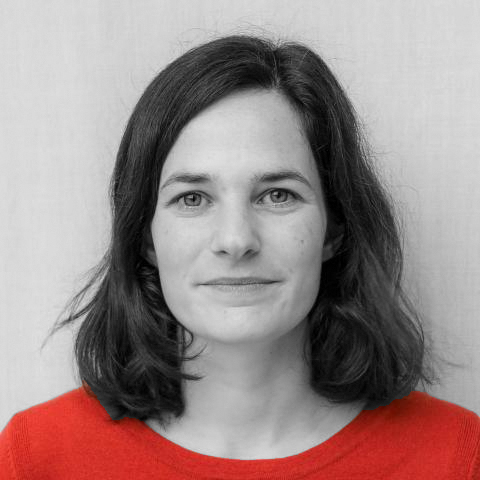
Vanessa Stempel
Research Fellow
Vanessa is a research associate in the Branco lab, and currently holds a postdoctoral fellowship from the German Science Foundation.
After doing her Biology undergraduate studies in Germany and Poland, Vanessa did a MRes at UCL, working with Prof Mark Farrant on single channel properties of GABAA receptors. She then went on to do a PhD in the laboratory of Prof Dietmar Schmitz at Charité Berlin, investigating cellular plasticity mechanisms in the hippocampus, with a focus on neuromodulation.
She joined the Branco group to investigate the microcircuits of the periaqueductal gray and superior colliculus, two areas of the brain that compute escape responses to innately threatening visual and auditory stimuli. In particular, she is interested in understanding how excitatory and inhibitory cells in these circuits integrate information about threats and initiate escape. To address this, she uses a combination of behavioural assays and electrophysiology, as well as opto- and chemogenetic, molecular and anatomical tracing techniques.

Ruben do Vale
PhD Student
Ruben do Vale joined the Branco lab as a PhD student in 2015, after graduating as an MD from the University of Lisbon. His work focuses on how acquired knowledge about the spatial environment controls instinctive defensive behaviours in mice. Using escape actions as an entry door to study goal-directed navigation, Ruben develops and conducts behavioural assays and combines them with circuit manipulations and neural activity recordings to understand how the brain computes and implements accurate navigation.
Alumni
Dominic Evans
PhD Student
Li Jin
Research Assistant
Jonny Kohl
Henry Wellcome Fellow
Zina Perova
Marie Curie Fellow
Adam Tozer
Research Fellow
Balazs Ujfalussy
Research Fellow
Natalia Wroblewska
PhD Student